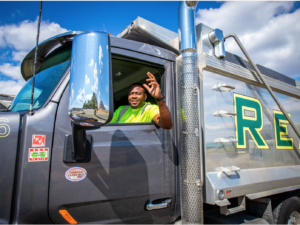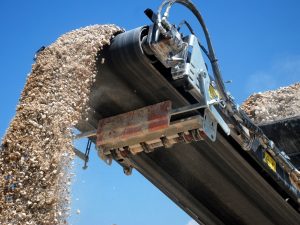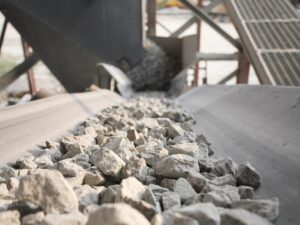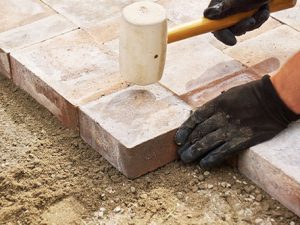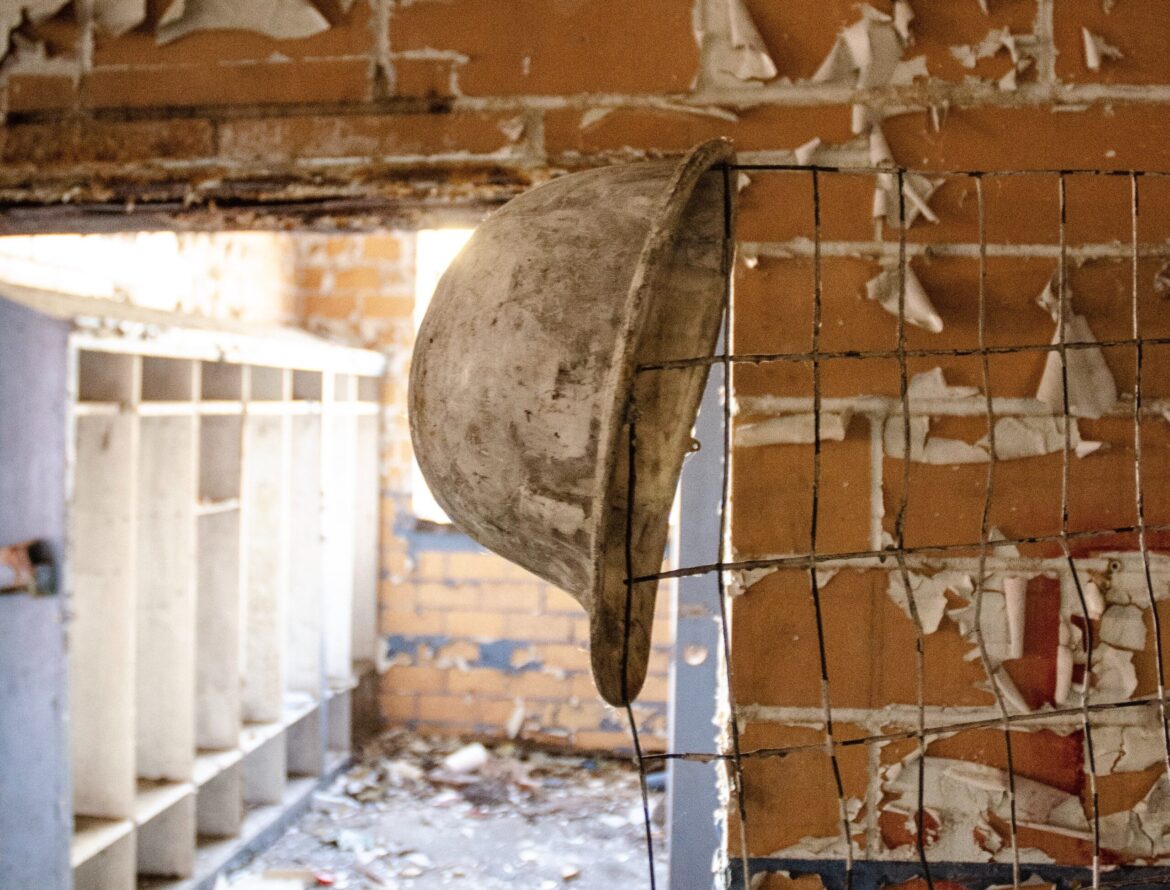
The United States is placing a priority on infrastructure growth. President Biden’s infrastructure bill could potentially add $1.4 trillion to the U.S. economy over the next eight years. But, that increase in work may not be possible with the current shortage of workers.
Many industries are facing a labor shortage, but construction has been hit especially hard. A majority of construction companies were having challenges finding skilled workers before the pandemic, and the issue has only been exacerbated by the events of the past year and a half. The construction sector lost more than one million jobs at the beginning of the pandemic. Since then, construction job openings have increased by 12% from pre-pandemic levels. However, the sector is still down about 232,000 jobs from February 2020 according to the data from the Bureau of Labor Statistics.
No Shortage of Demand For Work
A proposal for increased government spending on infrastructure isn’t the only strain the construction industry is facing. Demand for residential projects has surged since March of 2020. Low interest rates paired with a flight from large cities during the pandemic created a housing demand that builders couldn’t keep up with. Home builders weren’t the only ones feeling the heat: remodeling and other in-home updates saw a nearly 58% increase during 2021.
While this increase in business may be welcome, especially in the face of an economic recession, companies are not able to keep up. According to a workplace survey conducted by the Associated General Contractors of America and Autodesk, nearly nine out of ten firms (88%) are experiencing project delays. 61% of these firms cite that workforce shortages are the cause of these delays.
Where Are All The Workers?
One of the challenges that the construction industry will face in the coming months is not only growing the labor pool but also replacing those who are retiring. Specialized infrastructure workers, who will be in high demand if the infrastructure bill is passed, are older than average. This raises concerns about workers retiring and leaving behind difficult-to-fill positions, especially as early retirement becomes more common. For instance, the median age of construction and building inspectors is 53 – 10.5 years older than the median age of all workers nationwide. This could be problematic, as the proportion of people age 55 and over who have retired has risen by two percentage points compared with before the pandemic, to 50%. The average retirement age in America has dropped rapidly over the past two years, and is expected to continue to fall, which could pose an issue for the construction industry.
The emphasis on specialization is what has left many businesses in the construction industry with roles to fill. Some of the most in-demand positions require experience, significant training, or several certifications, things that the average job seeker may not have. In addition, there is a widespread misconception that construction careers are not rewarding or opportunistic. These two factors have contributed greatly to the lack of a construction workforce.
Many experts feel that this labor shortage is a deep-rooted issue that is just now coming to light. In recent decades, the perception of vocational careers has often been inaccurate. With an increased push for students to attend four-year universities, there has been a dip in students pursuing the two-year vocational degrees that produce skilled labor. The fall of 2020 saw a 18% drop in enrollment to vocational programs. This lack of vocational students paired with an earlier retirement age has created a drought of skilled workers.
Increased Wages, Benefits, and Bonuses: How the Industry is Appealing to Applicants
With these challenges, the construction industry has had to get generous with their offerings to workers — both new and old. Hourly wages have gone up 3.2% on average, and many companies are offering sign-on bonuses for new hires. In addition, many are turning to their current employees for recruitment, offering structured bonuses for any quality new hire brought on. Along with financial incentivization, many construction companies have worked to provide benefits that are more comprehensive and many are offering to fund training to help further develop the skills of their employees.




